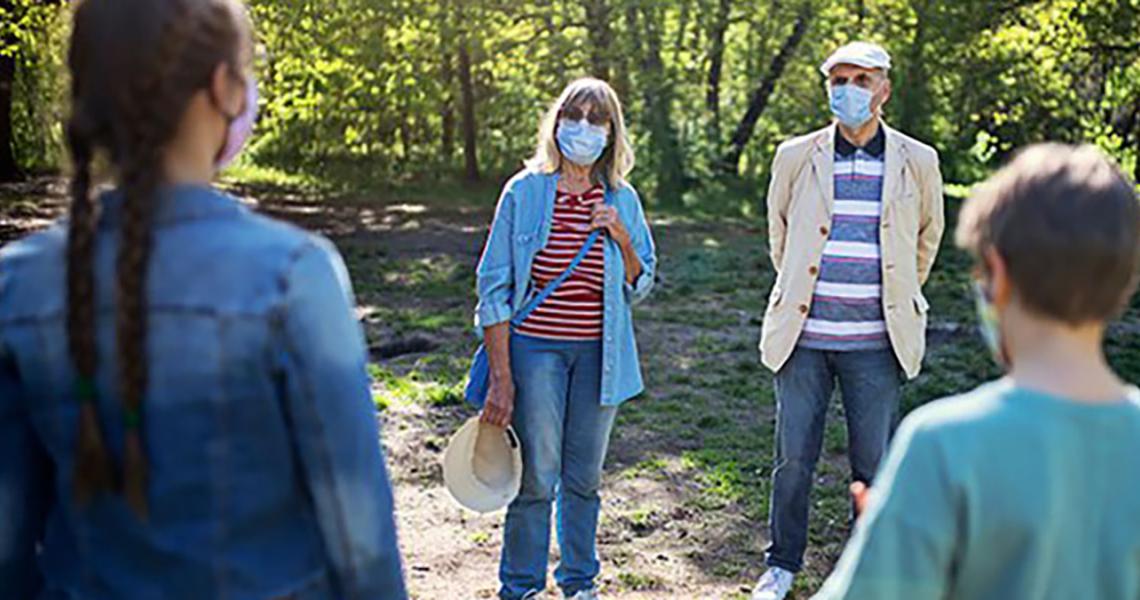
Medical Center - Mobile Menu
Medical Center
-
Departments & Programs
Our eHealth Services
-
Conditions & Treatments
Featured
Our eHealth Services
-
Patients & Visitors
Our eHealth Services
Our Guide to Staying with Us
-
Locations & Directions
Popular Locations
Main Campus Information
-
Wellness Resources
Wellness
Featured Classes and Events
-
Clinical Trials & Research
Clinical Trials Highlights
Research Resources
-
For Medical Professionals
Referring a Patient
Learn how to refer a patient- Fax: 802-847-2001
- Email: ReferralCenter [at] uvmhealth.org (ReferralCenter[at]uvmhealth[dot]org)
- Phone: 888-362-3242
Covid-19 Resources
- Find a Doctor
Home
>



















